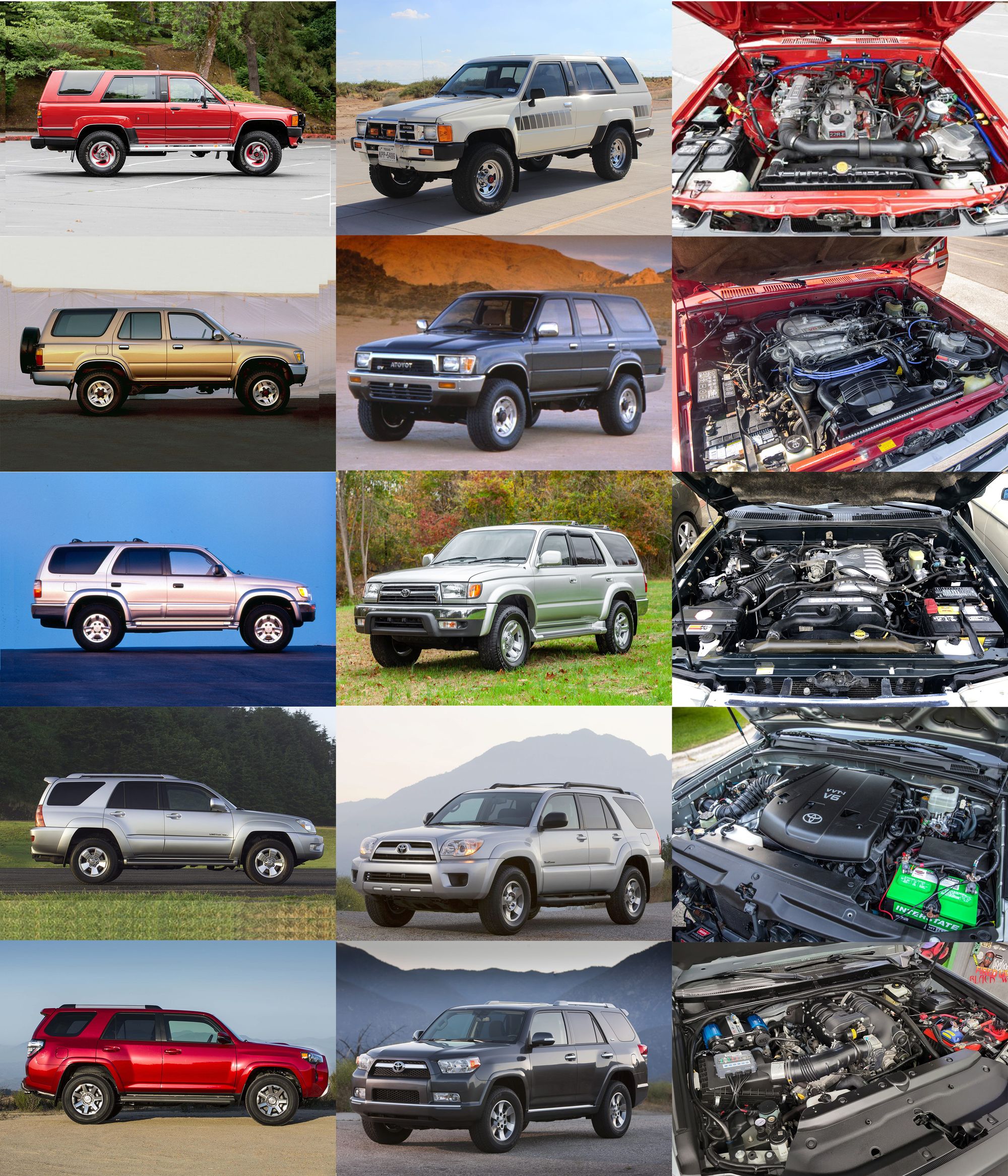
The Death of the Home Mechanic
Environmental policy and its effects on the modern car
The car industry has been forced from its lofty heights by one of the many ramrods that make up the global “environmental” movement. Over the last 60 years, the focus of car manufacturers has trended away from durability, performance, and beauty, towards a near singular focus on fuel efficiency with the ultimate goal of zero emissions. High MPG and electric vehicles are over-engineered - meaning tech-heavy, part dense, and lighter - causing them to break quicker and cost twice as much, or more, to repair. This new development is offensive to the tinkerer, the mechanic, the farmer, the cowboy, those who carry in them the American spirit of self-reliance.
The story of the degradation of a once great industry begins, as it usually does, with government policy. Fuel economy standards kicked this trend off in 1975. Sage warnings that this redirection would dilute our cars were ignored and they’ve been continually raising the standard without regard for any of the consequences since. You give them an inch and they take a mile, every time. Increasing MPG became the near singular focus of the global car industry. New, fuel efficient tech was stuffed into any space available until we got the fat, dense, but suspiciously light rides we see today. You can tell just by looking at the bodies of modern cars that they’re stuffed full of “advancements.” Compare the lean body of the 1968 Mustang to it’s bloated progeny. You’ll find the same progression looking at the lineage of the 4runner, Wrangler, F-150, you name it. The new car market isn’t exactly bursting with color and life, uniformity is increasingly the rule.

The government uses financial incentives, fuel standards, and other treats to lead car manufacturers like a master leads a dog. Cash for clunkers, thought up during the 2008 recession, was a particularly senseless operation. They spent $3M dollars paying people extra for their fuel inefficient vehicles and destroyed them, purging the market of 690,000 jalopies. I’ll repeat myself, in the name of saving the environment and the economy, the government took valuable, working cars out of circulation and destroyed them, forcing people to buy new. Wow, think about the tax revenue on that! Then of course there are the aforementioned fuel economy standards, which, under Biden, have reached stratospheric heights of 55mpg for the average fleet fuel efficiency by 2026. This is ridiculous and car manufacturers can’t achieve it without increasing their electric vehicle output. With a weak demand for electric vehicles, manufacturers say it can’t be done without more E.V. subsidies to prop the market up, Weekend at Bernie’s style. Jonathan Lesser, in a WSJ article, called it “an electric-vehicle mandate by regulatory fiat, because there is little chance that Congress will enact legislation banning the sale of internal-combustion vehicles.”
On the surface, high fuel efficiency might sound great, but, like everything, it comes with a price. First of all, due to over-engineering, new cars break more frequently, require an expert, and cost a fortune to fix. There is simply more stuff to get through to reach your problem. The introduction of software makes it even more of a challenge. Teslas, for example, can only be fixed by dealer mechanics; they’re the only ones who can navigate the software. That’s the direction we are headed in, and it’s a serious problem for us and our waning self-reliance. The used car buying home mechanic doesn’t make the industry money like the Tesla owner does. Joey Fuqua, who founded the esteemed Fairview Transmission in 1992, knows this trend well. According to Joey, the “over-engineering” associated with highly fuel efficient vehicles causes systems to fail quicker and turns jobs into massive undertakings. He says it used to be a good option to buy a used transmission with 150,000 miles on it, not anymore. They don’t last. Simple machines tend to last longer than complex ones - think Glock and AK-47, durability through simplicity.
These policies haven’t even done what they’ve set out to do. The idea that they’re reducing the amount of carbon being produced worldwide by mandating fuel efficiency and zero emissions is asinine. Electric vehicles require extensive mining of precious metals overseas for their batteries and an expansion of the electric grid. High MPG cars are highly manufactured and require more maintenance. I wonder how much carbon was used to smash the 690,000 cars in the cash for clunkers scheme. While we’re on the topic of government malfeasance, I’d like to point out something funny that happened during the 1973 oil embargo. We were humiliated by the Middle East when they cut off their supply of oil to us. Instead of producing more oil at home and reducing reliance on foreign countries who hate us, the government decided to just “use less” oil, by forcing the car industry to make more fuel efficient cars. Outside of government, people stop making mistakes that stupid by the age of nine.
An example of engineering excellence, without concern for MPG, is the glorious ‘80s Toyota pickup. Wars have been won on the backs of these trucks. They are incredibly reliable, durable, agile, and are simple, and easy to maintain. The Great Toyota War was the climax of a decade long war between Libya and Chad. France provided Chad with 400 Toyota trucks, many modified to mount guns on the back. These were their only motored vehicles. Using this Toyota cavalry, Chad defeated the more technologically advanced and larger Lybian force. Since then, Toyota pickups have become the truck of choice for guerillas all over the Middle East and Africa. Car forums are a great compass for high quality cars, and the forums for these trucks are buzzing with praise. You could realistically sell a 1985 Toyota pickup with 250,000 miles for $5,000. The truck is a work of art.
The glorious classics are still around in great variety. I suggest we enjoy them, take care of them, and let them remind us of the beauty we could bring into this world if we didn’t let weak, corruptible men run the show. It’s a great joy to take care of a vehicle that you fancy. It’s a deeper joy to be self-reliant. This author drives and tinkers on a 1998 Toyota 4runner, known for its longevity and off-road capabilities, among other things. I’d take it to war.

